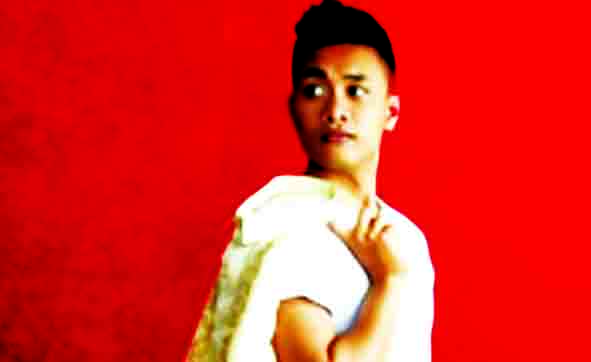Comedian James Roque unpacks his colonial past and in the process, he realises that the first step to decolonising his mind is to accept who he really is and what he wants to be – brown skin and all.
By Roda Masinag
Photo: James Roque
When he was a kid James did not really care about why he would always hear reminders from his parents to stay out of the sun.
“I’ve got a lot of friends who are Filipino and our parents would tell us not to play outside because our skin would get dark.”
“Growing up, I never really questioned that. But now as an adult I’ve realised how messed up that actually is. I reckon that comedy is the best way to destroy that way of thinking,” he says.
Adjusting to a new life
Coming from the Philippines, James describes how difficult it was adjusting to a new life in New Zealand. He acknowledges that there are culture clashes and having Filipino parents, he was raised with a certain set of values. It was tough at first, he says, but eventually they kind of reached a middle ground.
“[My parents] accepted the fact that it is something that happens when you are migrating to another country. Eventually you do have to embrace and acclimatise in a way that acknowledges your heritage and embraces the new culture.
“I will have fish and chips, but I’ll have it with rice,” he quips.
‘Why not doctor?’
Every parent wants the best for their children. And having Filipino parents, there is a certain expectation that they would want their children to become doctors or nurses.
James admits that it was hard for him to tell them that he wanted to be a comic because he realised the big sacrifices that his parents made.
“When I told them I wanted to be a comedian, they said, ‘Why not doctor?’ (laughs). That was a hard one that I found difficult to navigate, but eventually they came around,” he shares.
James says that he is inspired by his parents and he would always share stories about them on stage.
He shares one classic example:
“Like a very classic Filipino mum is that she’ll force you to eat too much. If we have guests in the house she won’t just say hello, but she’ll ask them ‘Have you eaten?’ and she’ll check every hour if you’ve eaten.
“That’s very classic,” he says.
A minority in the industry
James also admits that having brown skin is a bit of a double-edged sword for him. He explains that there is an expectation that when he hops on the stage in front of a white audience he will talk about his skin colour.
“Just because you’re brown, that doesn’t mean that’s all you want to talk about. It’s hard because you are a minority in the industry.”
“It can be a little bit discouraging at times, but you know, I just persevere. I realised that I was representing a group of people and that was way more important than finding it difficult,” he shares.
In terms of being brown in the industry, it also meant that he has a point of difference.
“In comedy, it’s so important to have a distinct voice and I was able to tap into that,” he says.
After a successful run at last year’s Melbourne and New Zealand International Comedy Festivals, James performed a sequel to his journey to get back to his Filipino roots through his new show, ‘Boy Mestizo’.
From pinching their baby’s nose to try to make it pointier like a white nose to using skin whitening products to try and make their skin whiter, James tackles all these in his new show.
“The show is about finding pride as a Filipino in this modern world, post-colonialism. It’s a way of me getting in touch with my Filipino roots, establishing a new identity as a Filipino in this new world that we live in.”
Boy Mestizo was at the New Zealand International Comedy Festival (14 – 18 May 2019).
– Reproduced with permission from SBS Filipino























